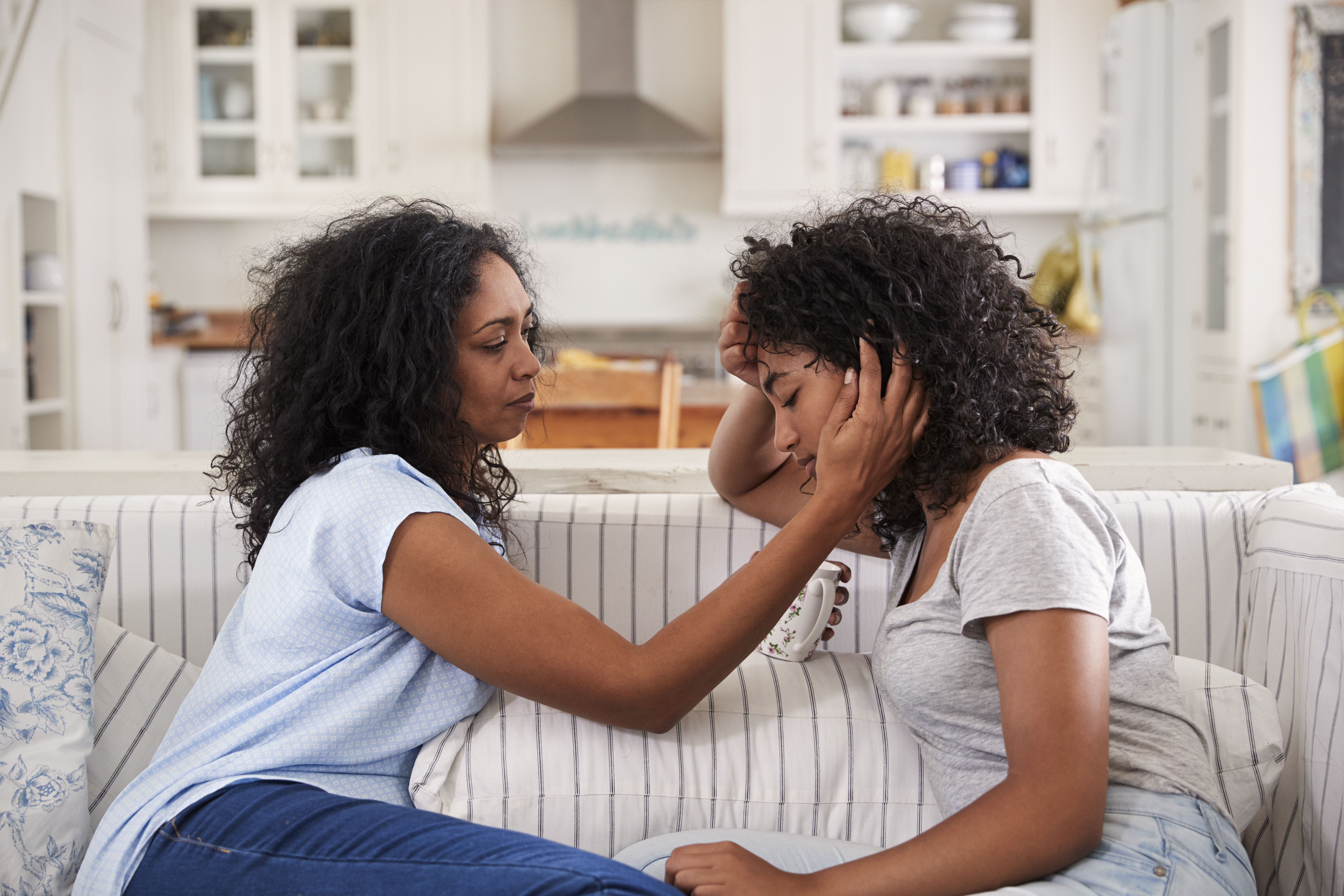Part of normal teenage development is the development of sexuality. Sexuality means having sexual feelings and experiences. Having cancer can have a major effect on a teenager’s developing sexuality by:
- changing how a teenager sees themselves and altering their body image and self-esteem
- causing them to feel different from their peers
- affecting sexual development (treatments may affect hormones or how sexual organs function, either temporarily or permanently)
- changing interest in, or desire for, sexual experiences
- causing them to feel a sense of isolation
- affecting a relationship with their partner
Treatments for cancer can also affect fertility and lower the effectiveness of birth control medications.
Your teenager will learn about the potential effects of cancer on their sexuality in the teen session on lifestyle.
Encourage open dialogue
Your teenager’s health-care team should address these issues with your teenager, but it is also important for you, as a parent, to understand how cancer can affect developing sexuality. Cancer does not stop sexual development, and it doesn’t stop teenagers from being curious about sexuality. However, it may cut them off from opportunities for exploration or from opportunities to learn safe sexual practices.
Many parents and teenagers find it difficult to discuss sexuality together, but try your best to educate your teenager about keeping themselves safe. If you have questions or concerns, talk to your teenager’s health-care team. They have experience in talking about sexuality and they understand the impact that cancer can have on this area of health.
Detailed information about the effects of cancer on the sexuality of teenagers and young adults can be found in the following resources:
Fertility and Sexual Side Effects in People with Cancer - from the American Cancer Society
Tools for parents - tips on how to talk to your teen about sex and sexuality from Planned Parenthood

